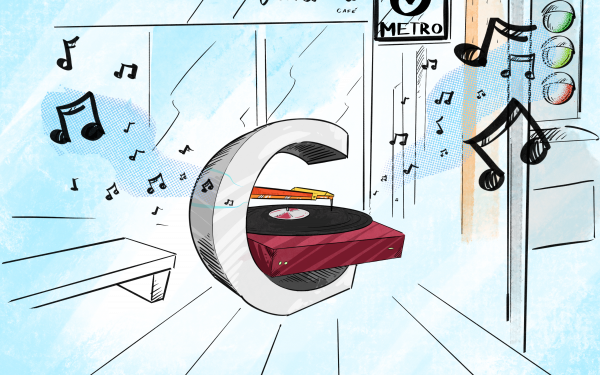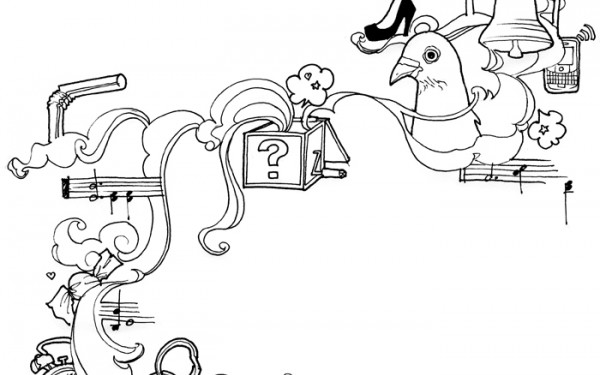CJLO Abandons Failed FM-Radio Bid
You won’t be able to tune into CJLO on an FM radio anytime soon.
After losing their bid earlier this year for an FM frequency, the student-run station at the Loyola campus will not be filing an appeal.
“Everyone that we spoke with—from broadcast consultants, to people who have a lot of knowledge of the CRTC and policy—said an appeal is a risky gamble,” said Michael Sallot, CJLO’s station manager.
Sallot says they will look over the ruling by Canada’s broadcast regulator and change their approach.
The most important change will be redefining CJLO’s audience to include the Montreal community beyond Concordia.
One of the major reasons behind the original application was to fill in the holes in downtown Montreal, where CJLO’s signal on AM is unreachable because of interference with skyscrapers and Mont Royal. The plan was to set up a 100 watt nested FM antenna on top of the Hall Building to ensure students Sir George Williams Campus could tune in.
Vermont Public Radio tried to interfere with the application to CRTC, claiming their frequency would be shut off to downtown Montreal if CJLO won. As a Canadian agency, the CRTC did not consider VPR’s intervention. There was also speculation that the requested channel 107.9, the last dial on FM, would interfere with NAVCAN, Canada’s civil air navigation system.
— Video by June Loper and Brandon Johnston
In the end, CRTC ruled that CJLO’s application wasn’t the “best use of frequency” or an “appropriate use of spectrum,” for one of the last open slots on the FM dial.
“They didn’t specify what constitutes the best use of spectrum, so we can only speculate what that is,” Sallot said.
Louise Burns from CKUT 90.3 at McGill says Concordia’s station is applying into a much smaller playing field. CKUT applied and won the right to broadcast on FM in the 1980s, at a time when Concordia still had two campus radio stations, CRSG and CFLI.
The federal telecommunications regulator has a mandate to balance commercial and community stations. Burns thinks the 1980s were a good time for students to apply for frequencies, because they were looking favourably at the campus community sector.
“They didn’t specify what constitutes the best use of spectrum, so we can only speculate what that is.” —Michael Sallot, CJLO station manager.
“I know that McGill got it,” said Burns. “What the deciding factor was, I have no idea.”
It wasn’t before 2006 that CJLO received the right to broadcast on AM radio, and only went live in 2008. Before that they were playing through speakers in lounges and cafeterias.
“These things always take time,” Sallot said.
There won’t be too much movement in the near future since the station isn’t seeking an appeal. CJLO is still broadcasting on 1690 AM and online, and is trying to increase its social media presence.
With the right kind of equipment you can pick up CJLO’s AM frequency across the Atlantic.
“I get emails from amateur radio hobby enthusiasts in Norway,” he told The Link. Last week he received an supportive email from an online listener in Austria.
The Loyola station is also re-opening a studio that will be open to Concordia students. The space is a DIY collaboration by volunteers to renovate the room and can be reserved to record radio documentaries and live sessions. Sound engineers can also be hired for $17 an hour.
“It’s really fun to have a band come in before they do a show downtown and have them perform,” Sallot said. “So, we’re excited about that.”




web__600_375_90_s_c1.jpg)
